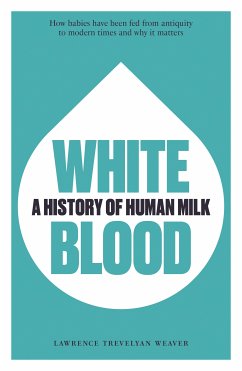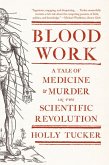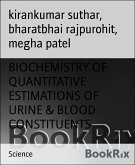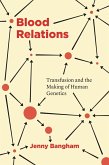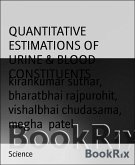White Blood is a history of human milk and tells the story of how babies have been fed from antiquity to modern times and why it matters. 'Breast is Best' is the popular mantra, but there is a perennial debate about the pros and cons of 'breast and bottle'.
White Blood explores this vital question, which has implications for the health and wellbeing of mothers, their young, families, communities and even countries. Starting in Ancient Greece and Rome, where human milk was thought to be blood diverted from the womb to the breast and there whitened and vivified, it lets the voices of those concerned with the care of newborn infants, and those who followed them, speak across the centuries of how they were, and should best be, nourished.
Dieser Download kann aus rechtlichen Gründen nur mit Rechnungsadresse in A, B, BG, CY, CZ, D, DK, EW, E, FIN, F, GR, H, IRL, I, LT, L, LR, M, NL, PL, P, R, S, SLO, SK ausgeliefert werden.

